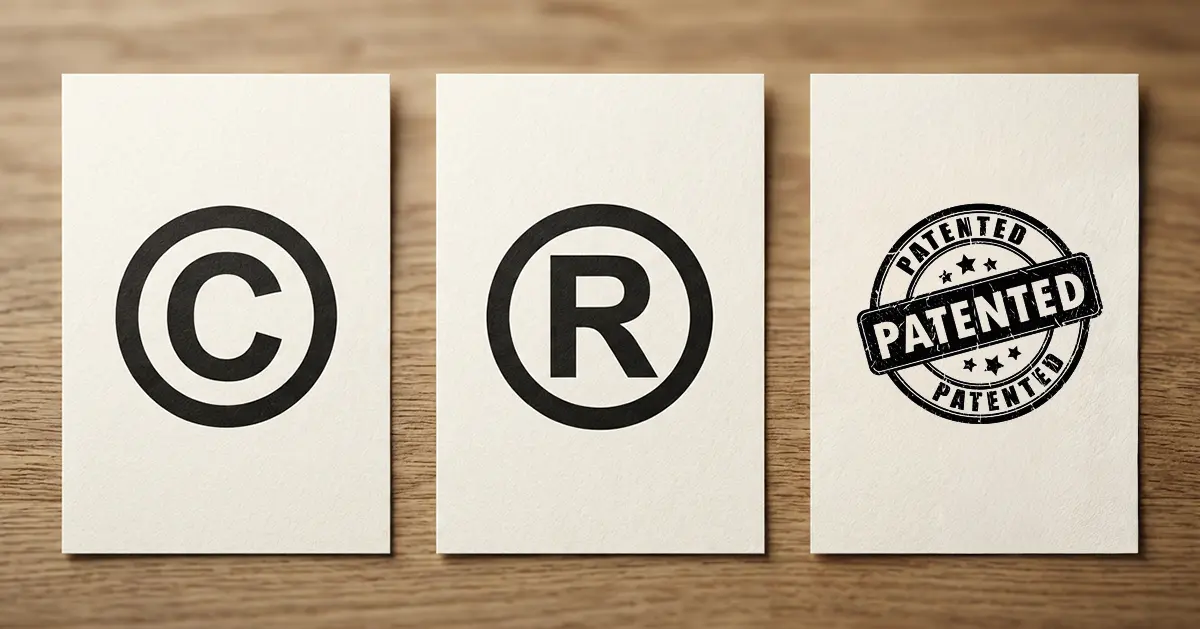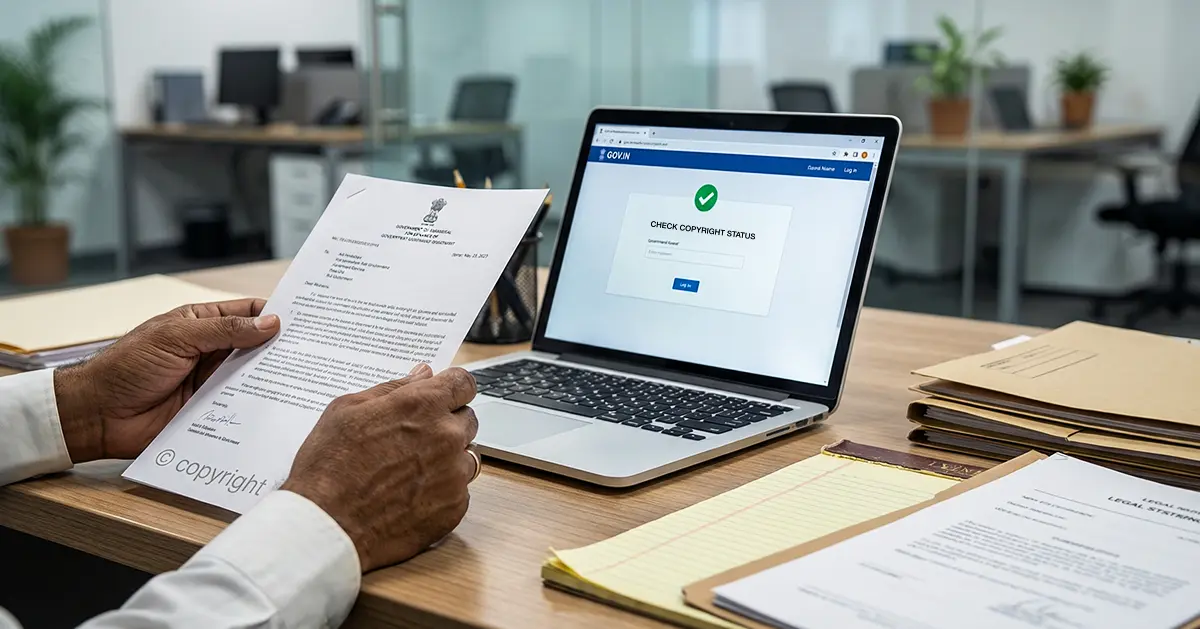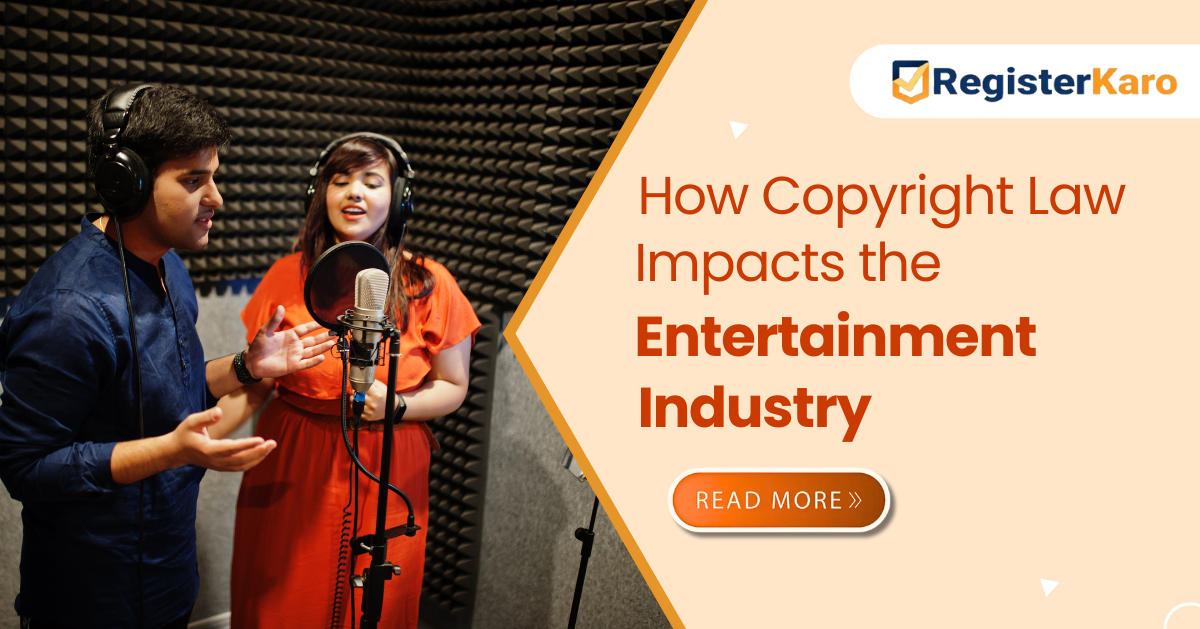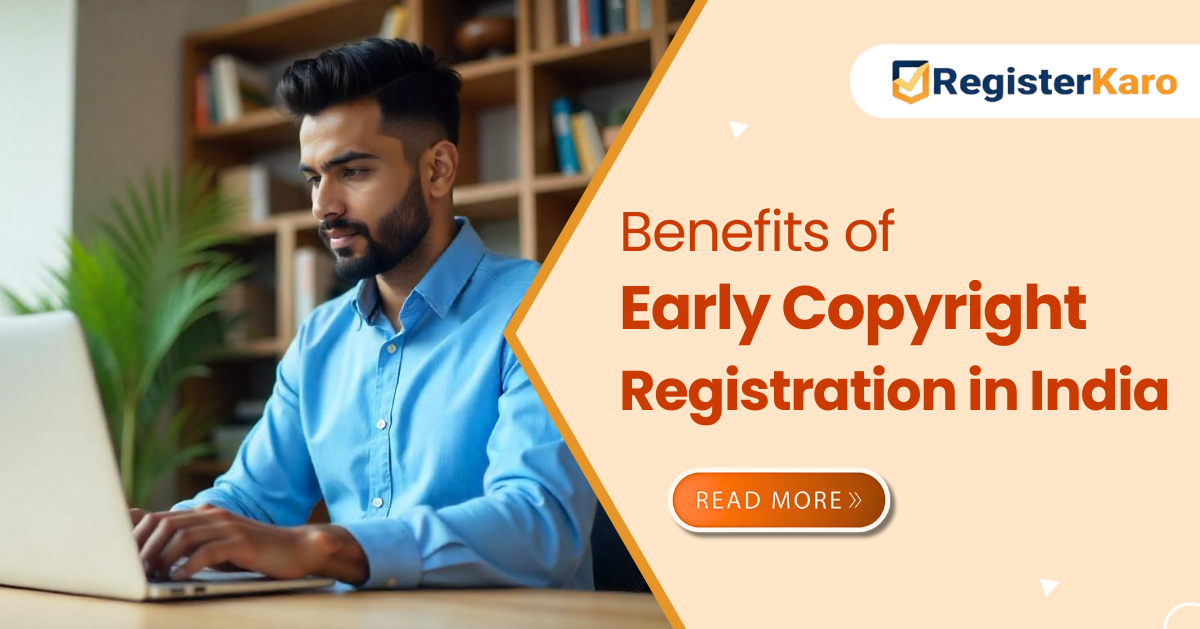Copyright Registration is the official legal process of securing your ownership over an original creative work with the government. This registration grants you exclusive rights over how your work is used, distributed, and reproduced.
While copyright protection is automatically granted in India when a work is created, formal registration provides a legal advantage. The issued Copyright Registration certificate acts as prima facie evidence of your ownership in a court of law, which is essential for enforcement.
The definition of Copyright Registration is the creation of a public, verifiable record of your intellectual property rights.
Purpose of Copyright Registration
The main purpose of Copyright Registration is:
- Get Official Proof: Puts your name on a public list as the owner, which serves as strong proof in court.
- Protect Your Work: Allows you to sue people who copy your work illegally and warns others not to.
- Simplify Monetization: Makes it much easier and safer for you to sell, rent, or license your work.
- Gain Full Control: Gives you solid control over your creative vision and the money you earn from it.
Types of Creative Works Protected Under Copyright Registration
The registration of copyright under the Copyright Act 1957 applies to a broad spectrum of creative works.

Here are the types of works eligible for Copyright Registration:
Literary Works
This broad category protects written content.
- Examples: Books, articles, poetry, manuscripts, blogs, and websites.
- Technical Works: Also covers computer programs (source code and object code) and databases.
Artistic Works
This protects visual creations.
- Examples: Paintings, sculptures, drawings, maps, charts, photographs, and architectural work.
- Brand Elements: The artistic aspect of a logo can be registered as an artistic work. This is separate from trademark protection, which protects the logo as a brand identifier.
Musical Works
This protects the composition and melody.
- Examples: Original musical scores, harmonies, and arrangements, with or without accompanying lyrics.
Sound Recordings
This protects the recorded sound itself, separate from the underlying music or lyrics.
- Examples: A recording of a song (often called the 'master recording'), a speech, or a podcast.
Cinematograph Films
This covers any work of visual recording or "moving pictures".
- Examples: Feature films, documentaries, animated films, and other audiovisual works.
Dramatic Works
This category is for works intended to be performed.
- Examples: Plays, screenplays, choreography, and pantomime (drama told through movement and facial expressions without words) performance.
Software
A critical area for protection in the digital age.
- Specific Registration: A Copyright protects computer programs and databases.
Derivative Works
This category is for works that are based on, adapted from, or incorporate elements of existing original works.
Examples: A novel adapted into a screenplay, remix of a song, retelling of a classic fairy tale with new characters or settings, translation of a poem into another language, and a comic book based on a popular film.
Legal Rights of a Copyright Owner
Registration grants the copyright owner a set of exclusive legal rights to control their work.
a. Economic Rights
These are exclusive rights that enable the copyright owner to use and profit from their creation:
1. Right to Reproduce
The right to produce copies of the work in any physical or digital format, including electronic storage.
2. Right to Distribute Copies to the Public
The right to offer or make the work available to the public through sale, rental, or any other method, provided the copies have not been previously circulated.
3. Right to Public Performance
Applicable to works such as literary, dramatic, musical, and cinematographic creations, this allows the owner to perform or present the work in public, including through live performance or recorded media.
4. Right to Create Films or Sound Recordings
The right to convert the original work into a cinematographic film or sound recording.
5. Right to Translate or Adapt
The right to transform the original work into other forms, including translations, dramatizations, summaries, or other adaptations.
6. Right to Communicate to the Public
The right to broadcast or stream the work to the public via television, radio, internet platforms, or other communication channels.
7. Right of Commercial Rental (in specific cases)
Especially for computer software, films, and sound recordings, the right to authorize rental for commercial purposes.
b. Moral Rights (Author’s Special Rights under Section 57 of the Copyright Act, 1957)
These are personal rights that remain with the original creator, even if the economic rights have been transferred:
1. Right of Attribution (Paternity Right): The author has the right to be identified and recognized as the creator of the work.
2. Right to Object to Distortion (Integrity Right): The author can oppose any modification, distortion, or misuse of the work that could harm their honor or reputation.
Note: Moral rights are independent of the copyright owner’s economic rights and cannot be waived or assigned.
Laws Governing Copyright in India
A strong legal framework protects the rights of creators and ensures the enforcement of copyright laws.
Legal Framework
The Copyright Registration in India is governed by:
- The Copyright Act, 1957 (as amended up to 2012)
- The Copyright Rules, 2013
- The International Copyright Order, 1999
International Treaties
India's participation in international treaties means your copyright can be protected globally.
- Berne Convention: The cornerstone treaty ensuring that a work created in India gets the same protection in other member countries as they give to their citizens.
- Universal Copyright Convention (UCC): Another key convention providing a framework for international copyright protection.
- TRIPS (Trade-Related Aspects of Intellectual Property Rights) Agreement: A WTO agreement that sets minimum standards for IP protection, including copyright.
- WIPO Copyright Treaty (WCT): Specifically designed to protect works in the digital age (part of the Berne Convention for the Protection of Literary and Artistic Works).
Authorities that Govern Copyright Registration
The following authorities oversee Copyright Registration in India:
- The Copyright Office: Manages applications and maintains the official Register of Copyrights.
- Commercial Courts (formerly IPAB): Handle disputes, appeals, and licensing disagreements.
- DPIIT (Department for Promotion of Industry and Internal Trade): The ministry that oversees intellectual property policy.












